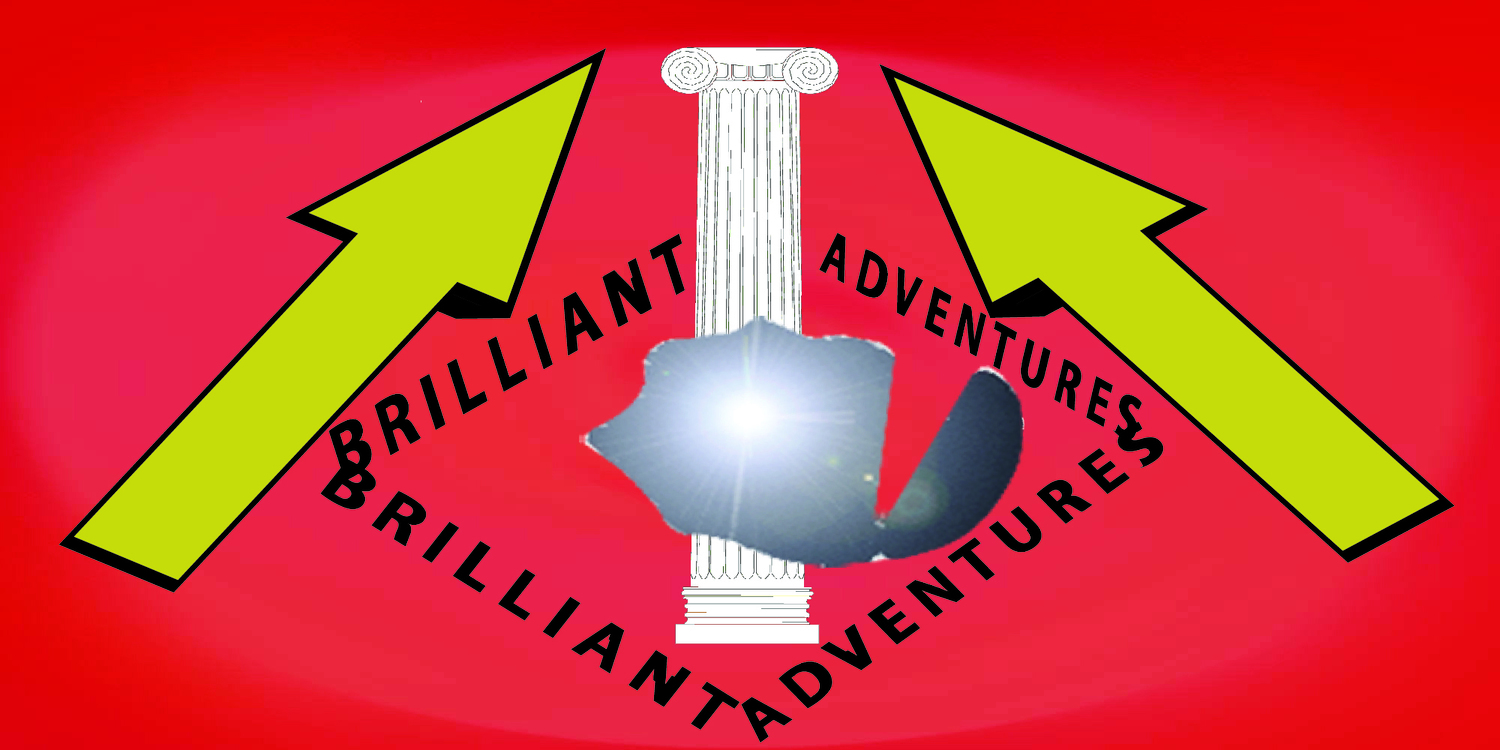Couldn't think of anything to write about the death of legendary film composer Ennio Morricone. Then it dawned on me, the obvious. Morricone was a Verdi (he would have hated described such) only he was more interested in the Verdi of the film maker than himself. Question for Godard, what did you think of Morricone? Jean-Luc, of course, knew how to mash up music decades before…and his collaboration with the 'romantic' Georges Delerue. ..[a little re-write for Maestro Jean-Luc: Mash is a terrible description of what Godard really achieves. He creates a flower and a bee but as soon as we think the bee will pollinate he cuts to a rock or some other interest. I once described Godard as the only quantum mechanic of cinema. As soon as the viewer is any where near seduction or coercion the image vanishes replaced by another. ]
There's a school of film music thought that the score should always be underscore. Totally! Inevitably. Yet what Morricone achieved, that is very very rare if not unique, is being an 'actor' in the film maker's vision. A kind of lone Marxist voice resonating long after the closing credits. This irritating yet seductive voice that just can't leave one alone. For days, months, years. Forever.
Many will know Giuseppe Tornatore's Cinema Paradiso. Little known, The Star Maker (1995) also has a Morricone score. It could easily not have (a score at all) and still be the heartbreaking movie that it is. What Morricone's musical collaboration elicits and raises to another level is a dialectic of dreams and reality. Joe Morelli could indeed have been a great director instead of a fraudster; Beata a movie star….
No 'theme' is necessary only truth.
…..
Felt a bit more elaboration was needed on the above. John Carpenter nailed it in this interview about Morricone's score for The Thing: He was like an X-ray composer. He brought out the theme of the movie that hadn't been thought of before.
I'd argue that Morricone's music was an actor rather than just score in Tarantino's The Hateful Eight. The same way I'd argue that for Bernard Herrmann's Taxi Driver score. Of course, Hitchcock knew how to use film music and Herrmann's consummately. For Charles Chaplin writing his own score perhaps not a separate character but the characters' inner feelings they find so hard to voice. Nino Rota's La Strada and The Godfather in this category? Hamlisch's The Way We Were and his theme for Ice Castles? Legrand's The Summer of '42? Is Tarantino's use of popular songs in the 'actor' category? They are way way more than just a mixed tape of hits in his almost architectural construction edit. The Windmills of Your Mind (Michel Legrand, lyrics Alan and Marilyn Bergman) is probably in 'the characters' inner feelings' category.
Just throwing all this out there for folk to muse upon as I did. My heart does always sink when the 'spotting' cues in a movie (i.e. where the music enters and leaves) are so formulaic it practically nullifies all the good work up there on the screen.
One last thing. I don't particularly like music in film, but I love film music. Perhaps that is the healthiest dialectic for all concerned.



